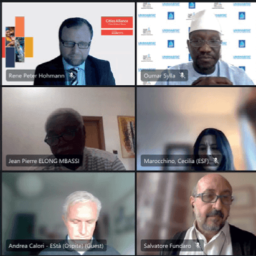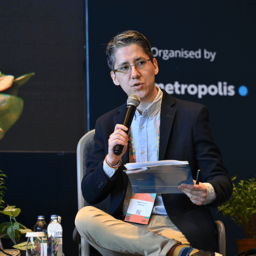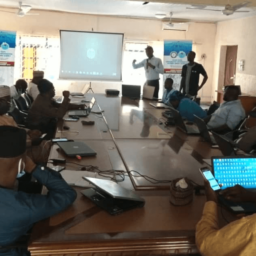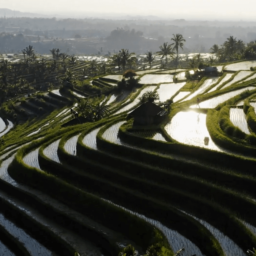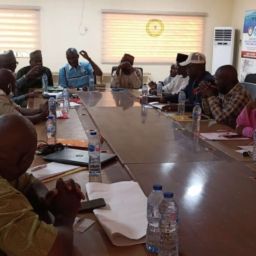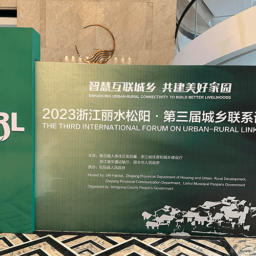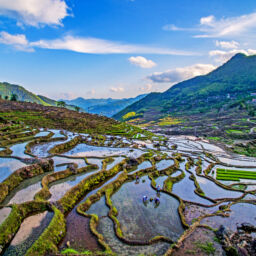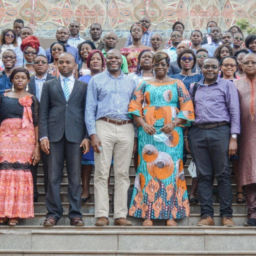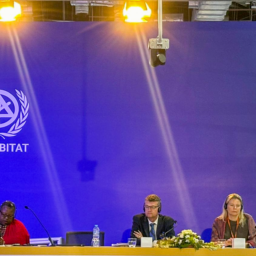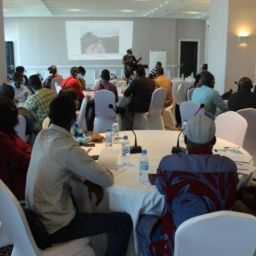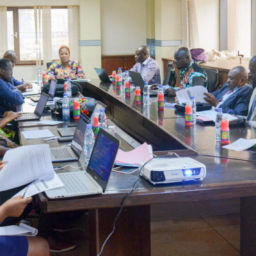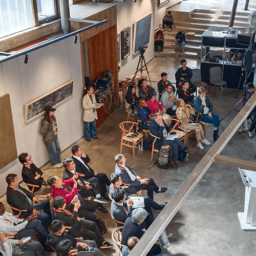Shaping resilient urban-rural future: Human Stories from the Peri-Urban areas
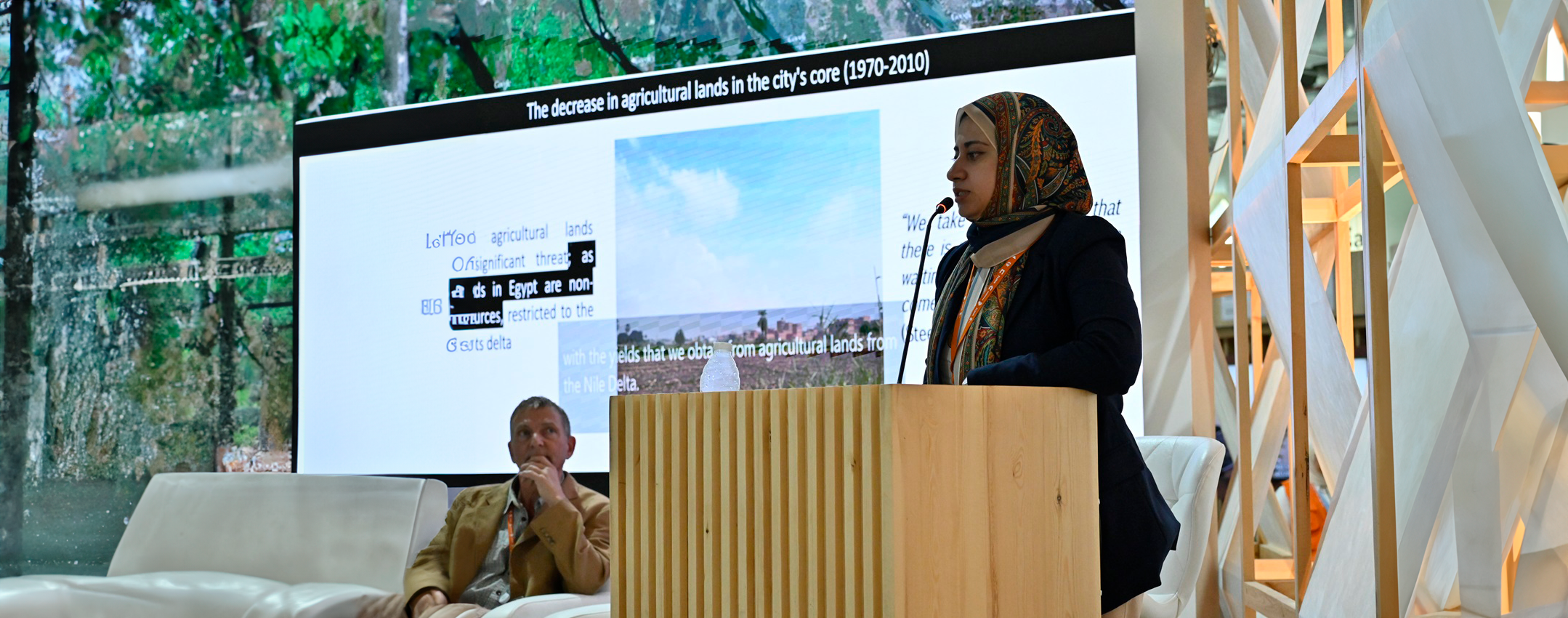
The sunlit city of Cairo set the stage for a transformative dialogue on November 5, 2024, during the 12th session of the World Urban Forum (WUF12). Here, at the session to launch a compendium of practices from peri-urban areas, experts, academics, and community representatives gathered to spotlight the human face of urbanization’s challenges. The stories from Egypt, India and the United Kingdom showcased resilience and painted a vivid picture of how the peri-urban areas could redefine urban-rural sustainability, equity, and hope for millions globally.
Joe Ravetz from the University of Manchester captured the crux of the issue in his opening remarks: “Negative peri-urban-rural gaps can destroy entire city-regions. But positive linkages? They can change lives.” The stark images he shared—rivers reduced to wastelands in Chennai and disenfranchised peri-urban communities by-passed by industrialization—juxtaposed with innovative agroforestry projects and circular economies, underscored the urgency and the potential of this agenda.
One story stood out: A village in South India, marginalized yet resilient. Through a grassroots initiative combining digital e-governance and circular economy projects, this community turned exclusion into empowerment. The “village fund,” as Ravetz detailed, became a beacon of what locally driven peri-urban governance could achieve.
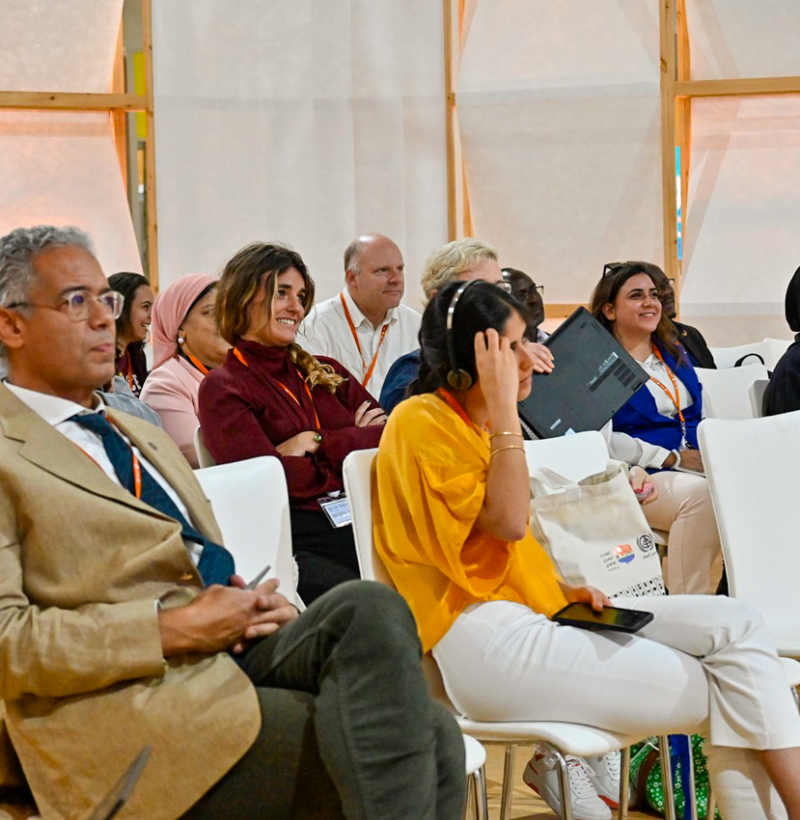
Chennai’s plight, presented by Christoph Woiwode of the Indian Institute of Technology, Madras, offered a microcosm of peri-urban struggles. This coastal city, where three rivers once defined its geography, now battles the fallout of rapid urbanization. Yet, within this struggle lies innovation—a bioregional approach tying urban planning to watershed management. “Scaling solutions from local villages to regional landscapes,” Woiwode explained, “creates a framework that merges ecological and socio-economic priorities.”
These narratives reflect a universal struggle where rural resilience meets urban expansion. Communities are squeezed, yet they adapt, innovate, and rebuild.
Cairo offered a lens into how urban and rural linkages were once harmonious. Eman Abouziyan, Ain Shams University, painted a nostalgic yet inspiring picture of Egypt’s agrarian past. “Our cities and food systems were one,” she shared, advocating for a return to integrated models of food security and preservation of the Nile Delta’s fertile lands.
From utilizing mobile apps for equitable food distribution to zoning policies preserving agricultural industries, Cairo’s approach balances innovation with tradition. Such solutions highlight the power of peri-urban rural linkages to re-center people, not profit.
Amid the expert debates, one truth became clear: the human cost of ignoring peri-urban gaps is too great. As Ravetz pointed out during the panel, “It’s about power and money.” Land speculation and tenure disputes disenfranchise those without resources, leaving farmers, small communities, and marginalized urbanites to bear the brunt.
Yet, solutions abound—smart cities designed for inclusivity, community-led resilience projects, and initiatives that harness the strengths of local ecosystems.
The session closed with an impassioned plea: to move beyond policy into action. Attika Faru Saleh, UN University highlighted the need for “accessibility and equality” in food systems. Ravetz echoed this, emphasizing the role of knowledge-sharing and collaborative governance in bridging urban-rural divide.
One thing was clear: the session wasn’t just about linking cities and countryside—it was about reconnecting humanity. The stories shared were a testament to resilience, a call to rethink our relationship with the land and the people who sustain us. The challenge ahead? Transform these conversations into enduring change.
Learn More




